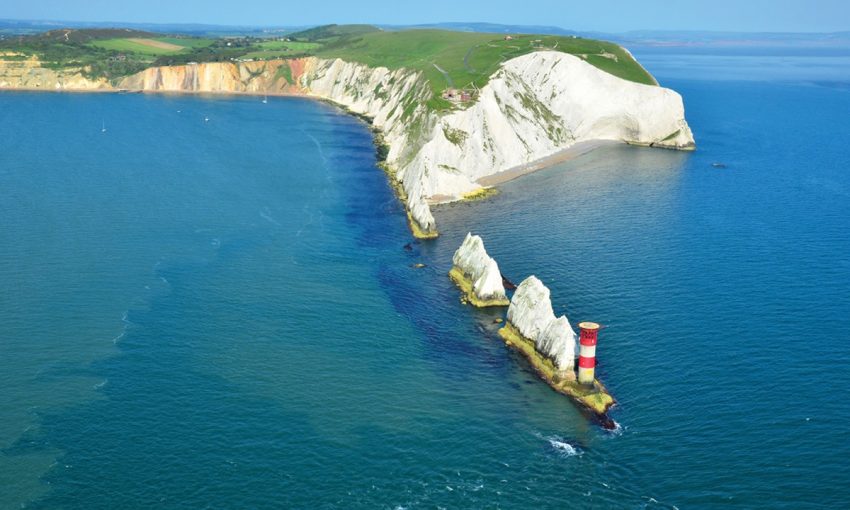Ross MacDiarmid has occasionally been in the wrong place at the wrong time, through no fault of his own.
He was working as the head of Ansett in Canberra when the airline went under. And January 18 saw him fighting fires on his rural leasehold in Tharwa. He – with family and friends — saved the house, but sheds, stock and fencing went.
But now he seems to be the right person in the right place. He has been the chief executive of newly named Australian Capital Tourism since MARCH 2002 (2002 MUST BE ADDED). The name change from the Canberra Tourism and Events Corporation was announced this month (June) but is yet to be formally approved by the Assembly.
It is not a change for the sake of change or a cosmetic change. The organisation wants to take the emphasis away from “events” – one in particular — and wants to concentrate on more than just Canberra. The words “Australian Capital” will embrace the region and help in marketing here and overseas.
“When I came to the job it was obvious to me that we were preoccupied with one event which was the V8 supercars,’’ he said. “While we were managing that – – and it was managed very well and it was a lot of fun being involved in — it consumed a huge amount of resources for this organisation. . . .
“While were we doing that we had no resources going into destination marketing or promotional activities. When you think about it, $19 million invested in that event over three years attracted a total number of 46,000 visitors to Canberra with some potential marginal publicity value. . . Not a very effective use of resources.”
Continue reading “2003_06_june_ross macdiarmid”
